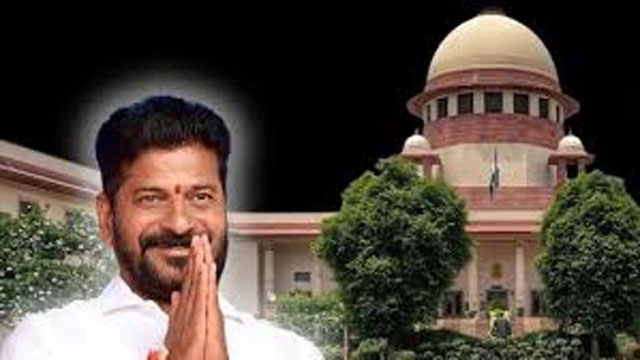Daijiworld Media Network – New Delhi
New Delhi, Oct 16: The Supreme Court on Thursday refused to entertain a plea by the Telangana government challenging the High Court’s interim stay on expanded reservations for Other Backward Classes (OBCs) in local body elections. The state had increased OBC quotas to 42 per cent, pushing total reservations to 67 per cent, exceeding the 50 per cent limit set by the apex court in its 1992 Indra Sawhney judgment.
Senior advocate Abhishek Manu Singhvi, representing Chief Minister Revanth Reddy’s government, argued that the expanded quotas were a policy decision supported unanimously by the legislature. He contended that the Indra Sawhney ruling does not impose a rigid 50 per cent ceiling and allows exceeding it in exceptional circumstances. Singhvi criticised the High Court for issuing the stay without detailed reasoning.

On the other hand, senior advocate Gopal Sankaranarayanan, defending the High Court decision, cited earlier Supreme Court rulings, including the 2010 K. Krishna Murthy judgment, which reaffirmed the 50 per cent cap. He noted that the government’s order increasing OBC reservations to 42 per cent, combined with quotas for Scheduled Castes and Scheduled Tribes, pushes total reservations well over 60 per cent.
The High Court, led by Chief Justice Aparesh Kumar Singh and Justice GM Mohiuddin, had issued the stay last month after petitions challenged three government orders, one of which increased OBC quotas and the other two prescribed implementation guidelines. The court noted that exceeding the 50 per cent limit violates the Supreme Court’s “triple test”, which requires:
1. Constituting a commission for empirical study,
2. Specifying the proportion of reservations based on the study, and
3. Ensuring total reservations do not exceed 50 per cent.
The Supreme Court’s refusal to stay the High Court’s order means the expanded OBC quotas will remain temporarily suspended pending further judicial review.